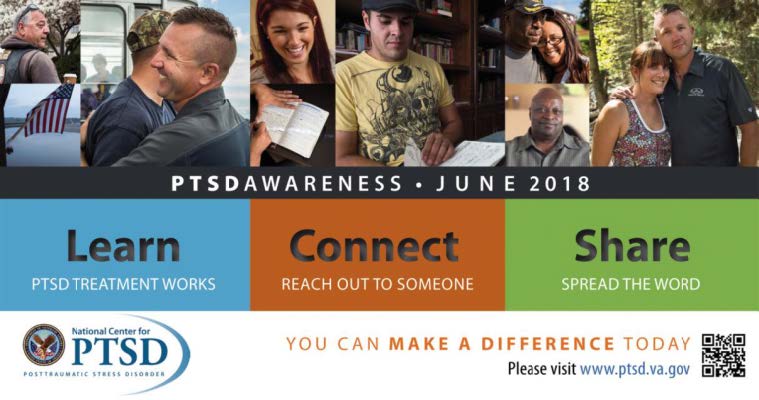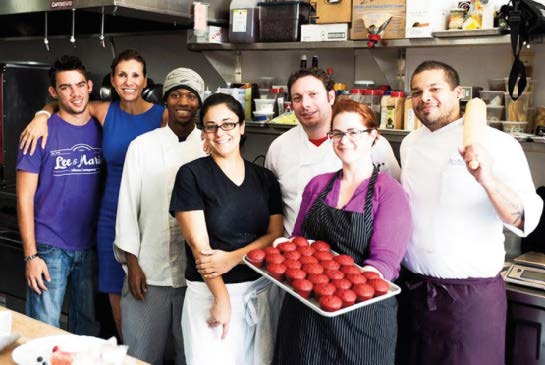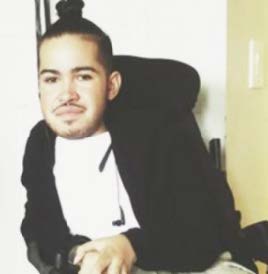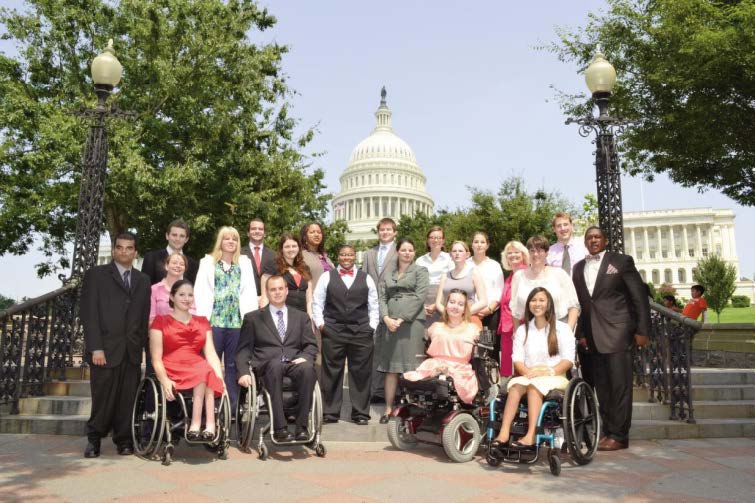Introducing Our All-New Website EP-MAGAZINE.COM

Exceptional Parent Magazine is announcing the launch of ep-magazine.com – our all new website which coincides with our expanding role as a leader in the field of special needs publishing and communications.
ep-magazine.com now features a bold new design and intuitive site-wide navigation system with improved menu functionality that directs you to the information most relevant to you. It is also fully responsive with mobile devices, making it easy to navigate on a wide range of web browsers and portable devices.
We've introduced a range of new content PLEASE NOtE that our previous web address, eparent.com, is no longer associated with our magazine. to the website, including In This Issue that highlights selected content from our latest issue, and From Our Contributors, which fea tures the most recent offerings from regulars such as Genetic Alliance and the AADMD. Our eNewsletter is the latest innovation in our digital strategy, enabling you to access the articles that matter to you each and every week. We also plan to continue adding more video content and product information to provide you with all of the resources you need to care and plan for your loved one with special needs.
PLEASE NOtE that our previous web address, eparent.com, is no longer associated with our magazine.

Testifying last month before the U.S. House of Representatives Committee on Small Business, Autism Speaks President and CEO Angela Geiger addressed an area of great importance to many in the autism community: finding and retaining employment.
At a hearing chaired by Rep. Steve Chabot (R-Ohio) and Ranking Member Nydia Velázquez (D-N.Y.), Ms. Geiger highlighted ways in which the nation's small businesses are uniquely positioned to overcome barriers to employment for people with developmental disabilities, and recommended systemic improvements to ease the transition to adulthood.
The employment rate of adults with disabilities is much lower than that of people without disabilities, and the rate for people with autism is lower still. However, progress is being made. In March 2018, the Bureau of Labor Statistics reported the employment participation rate for working-age people with disabilities increased to 34.8 percent from 32.3 percent the previous year. For many people with autism spectrum disorder, difficulty with communication and social interaction often hinder job interviews, collaboration with coworkers or even commuting to a job. Autism Speaks, which works on issues across the life span, provides tools and resources to help adults with autism overcome barriers to employment and live as independently as possible. "People with autism share the same right to shape their identities and deserve the same opportunity to maximize their potential and to contribute as full and productive members of society. Small businesses have a tremendous opportunity to help them do so, improving their bottom line and benefiting their communities at the same time." Ms. Geiger said.

ICING ON THE CAKE: Lee and Marie's bakery features a menu of mouthwatering croissants, cakes, pies, danishes and more. It's also a business where autistic adults can work.
Autism Speaks and its partners work with businesses to improve hiring, training and retention. The innovation and flexibility of small businesses and entrepreneurs enable them to lead the way in employing people with autism, who are ready, willing and able to work. Businesses that hire people with autism report higher productivity and better retention which flow to the bottom line. Ms. Geiger also highlighted three e n c o u r a g i n g employment trends: mi s s i on - d r i ve n businesses run by social entrepreneurs whose mission is to hire people with developmental disabilities; autism employment initiatives by large companies that want to diversity their workforce; and micro-enterprises and small businesses run by entrepreneurs with autism. To help small businesses recruit, retain and advance employees with autism, Autism Speaks and its partners create communities of experts who share best practices to unlock the potential of an untapped workforce. Through these collaborations, Autism Speaks has developed employment guides, networks and online tools for job candidates, employers, employees, parents and schools. Autism Speaks is dedicated to promoting solutions, across the spectrum and throughout the life span, for the needs of individuals with autism and their families. We do this through advocacy and support; increasing understanding and acceptance of autism spectrum disorder; and advancing research into causes and better interventions for autism spectrum disorder and related conditions. Go to AutismSpeaks.org to learn more, donate or join a fundraising walk. PHOTO COURTESY AUTISMSPEAKS.ORG rates, mployment initiatives by large companies that want to diversity their workforce; and micro-enterprises and small businesses run by entrepreneurs with autism. To help small businesses recruit, retain and advance employees with autism, Autism Speaks and its partners create communities of experts who share best practices to unlock the potential of an untapped workforce. Through these collaborations, Autism Speaks has developed employment guides, networks and online tools for job candidates, employers, employees, parents and schools.
Autism Speaks is dedicated to promoting solutions, across the spectrum and throughout the life span, for the needs of individuals with autism and their families. We do this through advocacy and support; increasing understanding and acceptance of autism spectrum disorder; and advancing research into causes and better interventions for autism spectrum disorder and related conditions. Go to AutismSpeaks.org to learn more, donate or join a fundraising walk.
CDR Announces Winners of the Free Our People Film Contest
The Center for Disability Rights, a disability-led, not-for-profit corporation that provides services to people with disabilities to promote independence and self-determination, has convened its second annual "Free Our People" Film Contest. CDR is excited to congratulate the winners that were chosen by its team of expert judges and announce its upcoming film festival, in which all of these films will debut.
Part of CDR's core mission of promoting self-determination for disabled people includes advocating for the rights of disabled people to live in the community with their friends and family rather than an institutionalized setting, like a nursing home. Currently and historically, this goal of community integration is made more difficult by a long-term care system that prioritizes nursing home care as a necessary entitlement while making home and community-based care an afterthought. The "Free Our People" Film Contest is one way in which CDR is working to dismantle the systems that keep people locked away in nursing homes. The contest organizers thanked the following sponsors for providing prizes: Jungle Software, Scrivener, Mariner Software, Movie Magic, Power Production Software, Dramatica and The Center for Disability Rights.
Jensen Caraballo's film LifeSavers won first place and will receive a prize of $1000 cash, hotel and airline accommodations to Rochester for the screening of his film, and film and screenwriting software that will help him continue to make high-quality productions. One of the contest's judges, Teal JENSEN CARABALLO fights institutional bias alongside ADAPT, even if it means getting arrested. His film won first place. Sherer, describes the film as, "Social change storytelling at its best." She continues by stating that this "film powerfully follows Caraballo, who was forced to live in a nursing home from fifteen to twenty-one years of age. With ADAPT, he fights against institutional bias, even if it means getting arrested. As he shares in the film, 'I'd rather go to jail than die in a nursing home.'"

JENSEN CARABALLO fights institutional bias alongside ADAPT, even if it means getting arrested. His film won first place.
Second place was won by Julie Ross for her film No Way to Live. Julie will receive $500 cash, plus the same hotel and travel arrangements and a similar cluster of software. Third place will be awarded to Cheryl Green for After Fairviewand she will also be given a trip to Rochester and filmmaking software.
AAPD SUMMER INTERNSHIP PROGRAM CLASS OF 2018
The American Association of People with Disabilities Summer Internship Program provides the opportunity for students with disabilities to gain hands-on professional experience that will advance their career goals.
Through the Summer Internship Program, AAPD seeks to give a class of students with disabilities the skills, resources, and networks they need in order to not only become employed, but to be employed in meaningful and high-level positions.
The Summer Internship Program engages students and recent graduates with disabilities from all across the United States. Because AAPD covers the costs of travel and housing in addition to providing a living stipend, the organization is able to recruit a diverse class of interns that may not otherwise have the opportunity to participate in such a program. For many of these students, AAPD's Summer Internship Program is their first exposure to the broader disability community, which empowers them to be self-advocates and sets them on a path to employment.
In addition to placing each intern on Capitol Hill, in government agencies, with national nonprofit organizations, or in the private sector, AAPD also matches each intern with a mentor connected to the disability community. The program begins with a week of Orientation to help the interns get acclimated to living in the city as well as to establish a base understanding of the history of the disability rights movement and current policy issues impacting people with disabilities. Outside of the internship hours, AAPD connects the interns to a variety of guest speakers, events, and professional development opportunities.•

CHANGE FROM WITHIN: Each summer, AAPD places college students, graduate students, law students, and recent graduates, like these from 2017, with all types of disabilities in paid 10-week summer internships in Congressional offices, federal agencies, non-profit and forprofit organizations in the Washington, DC area.